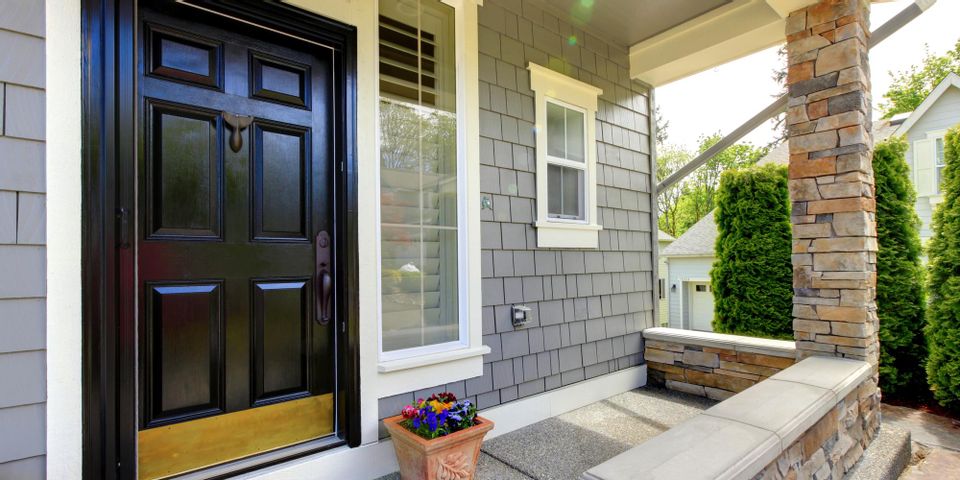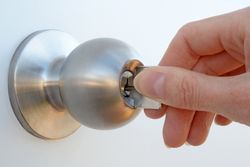
Although you may have been relying on locks since you were old enough to ride a bike, you may have no understanding of how they work. Having that knowledge provides insight into what causes them to fail. Here’s a guide to how locks function.
Why Do Locks Matter?
 Their chief purpose is security. Locks not only prevent break-ins but also provide peace of mind.
Their chief purpose is security. Locks not only prevent break-ins but also provide peace of mind.
Locks are also safety mechanisms. In cars, for instance, a lock will stop a child from opening a door during a drive and keep personal documents—wills, trusts, passports, and insurance agreements—safe from prying eyes. Because locks are so integral to the daily lives of households and businesses, many people tend not to think much about them.
How Do They Work?
Typical door locks have two main parts. The first is a securing structure for a hole cut into a door frame. The second, called a mortise, is a unit that slides a metal bolt into and out of that hole. When you insert a key into a lock and turn, it inserts or retracts the bolt, depending on the direction of the turn.
Every lock has a unique set of tumblers, which are small protuberances in the canal of the lock. The tumblers correspond to grooves cut into a key, ensuring that only that key—and that key alone—can open or close a door, cabinet, mailbox, or car.
If you’re having trouble with one of your locks, reach out to the trusted locksmiths at Central Safe & Lock LLC in Fairfield, OH. Serving the Northern Cincinnati and South Dayton areas, their professionals have 20 years of industry experience and specialize in installations, repairs, replacements, rekeying, and lockouts. Make an appointment with this veteran team by calling (513) 884-1870, or visit their website to learn more about their shop.
About the Business
Have a question? Ask the experts!
Send your question

